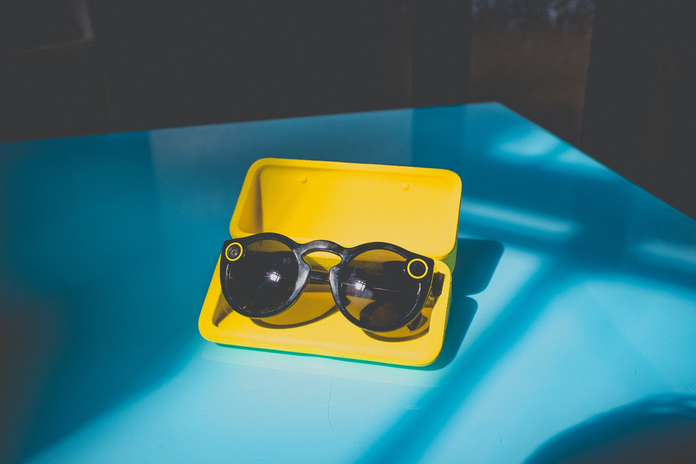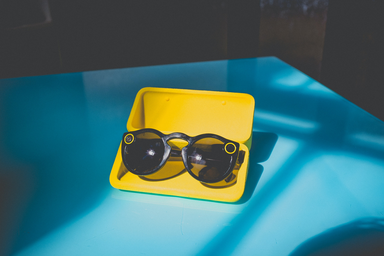It’s quite evident that our society is perpetually evolving, improving and making the lives of its members effortless. From cars that could potentially drive themselves to novel genetic editing designed to cure the incurable, it can be challenging to filter this information as acceptable or harmful to humanity. Social media is another technological facet that is rapidly advancing before our eyes. Just as there are significant safety hazards with cars that drive themselves or ethical ramifications of gene editing, social media has its fair share of pros and cons on your overall well-being.
Let’s start with the cons
To conclude this article on a more positive note, I will begin to discuss the often denied repercussions of social media. Although this information may seem like common knowledge, we continuously fail to remind ourselves of it.
Addiction
Many researchers around the globe have concluded that social media is addictive. A source explains that, regardless of its lack of formal classification in the Diagnostic and Statistical Manual of Mental Disorders (DSM), in the most recently revised version, the DSM-5 identifies “Internet Gaming Disorder” as a “condition warranting clinical research” for future formal classification. Addictive behaviors related to social media would fall under this umbrella. Research also shows through brain imaging that the structural and functional brain abnormalities of compulsive internet users are comparable to the abnormalities seen in people with substance abuse issues.
Mental Health
Social media has the unrelenting ability to influence comparisons to others. Pictures of fun outings on a school night or epitomized romantic relationships offer this very ill and distorted illusion of reality. Similar to how news broadcasting stations tend to emphasize their material on negative situations in society, people using social media platforms selectively choose to display the positive in their lives. How does this affect us? If we are having a rough day, week or month and we constantly see others cruising through life seamlessly, we can be easily enticed to devalue our own abilities. Realistically, we know that no one is perfect, but social media can be deceiving and can enable us to think otherwise.
We are social beings who require the support of others to thrive in society. This is a known fact proven by psychological and biological research. There is an unmistakable paradigm shift in socialization, which could be dampening the importance of relationships on our well-being. We are prioritizing virtually-maintained relationships opposed to seeing people face-to-face. Even when we are directly with another person, it only takes a matter of minutes until someone whips out their phone to update their status or vigorously scroll through their Instagram feed. We should be valuing our relationships face-to-face, rather than screen-to-screen.
What about the pros?
There’s an App for that
Luckily, there are various apps available on smart phones to assist you in leading a healthy lifestyle. One that has taken fitness-lovers by storm is the Fitbit application, which is synced to a bracelet worn 24/7. Features include a sleep tracker, heart monitoring, step counting and calculations of calories burned throughout the day. An app such as this one can help you quantify your life and evaluate your overall health. This could be one way when being occupied by your mobile device could actually benefit you. Apps can be great assistive tools to help guide your healthy lifestyle. They can have a social impact as well, as others can share their activity and help motivate their friends. The number of health-related apps are endless, but others include Fooducate, which grades food for comparison, and Period Tracker, for women needing assistance in tracking their menstrual cycles.
Maintenance of meaningful relationships
To play devil’s advocate to my previous argument, social media can definitely help sustain relationships with others, especially those that are long-distance. Whether it is a very close friend abroad for their studies or a parent back home, you can chat with anyone and see their face with the touch of your screen. Phone calls are slightly outdated and don’t quite offer the same satisfaction as seeing someone’s face. Particularly with Snapchat, you can stay connected to your friends by not only snapping a pic of your lovely face, but also adding a wonky filter to spark some laughter.
I am no expert on the impacts of social media on our overall well-being, however, I do hope this article can help you ponder the social consequences and benefits to social media the next time you decide to scroll or swipe.

